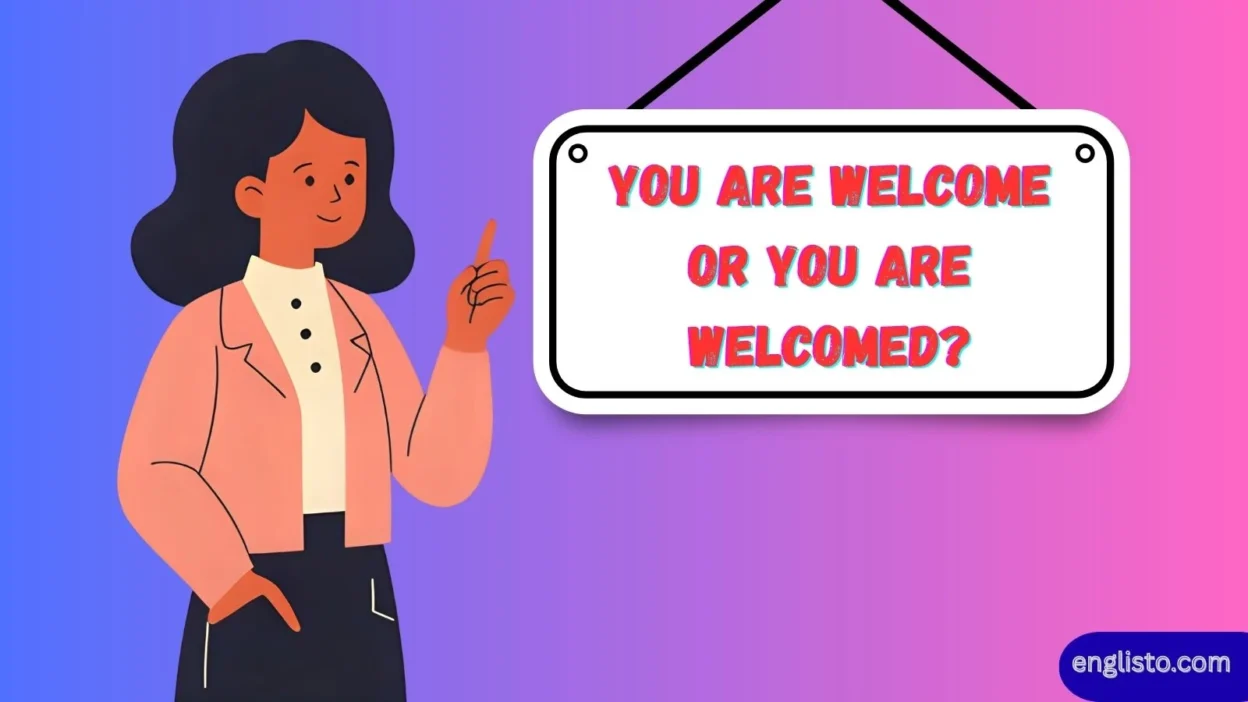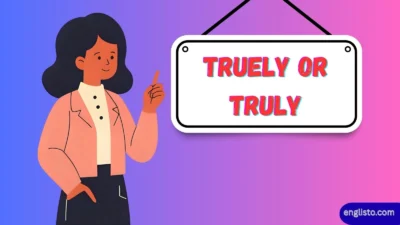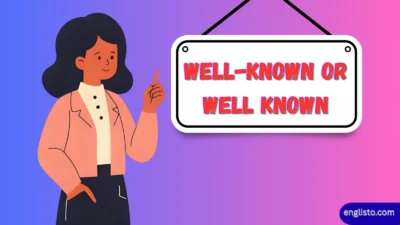Language has a funny way of tripping us up with phrases that look similar but mean completely different things. One such pair is You Are Welcome or You Are Welcomed?
At first glance, both seem correct, but in reality, they play very different roles in English grammar and everyday conversation. If you’ve ever paused before replying to a “thank you,” wondering which one is right—or spotted “You are welcomed” in writing and thought it looked off—you’re not alone.
This guide dives deep into the meaning, grammar, and real-life usage of these two expressions. By the end, you’ll know exactly when to use each, avoid common mistakes, and communicate with confidence.
The Core Difference Between “Welcome” and “Welcomed”
The word welcome functions as:
- a noun (“We gave them a warm welcome”)
- a verb (“We welcome new ideas”)
- an adjective (“You are welcome here”)
- an interjection (“Welcome!” when greeting someone)
The word welcomed is the past tense or past participle of the verb “welcome.” It describes something that has already happened. Example:
- “She welcomed the guests at the door.”
- “Your help was warmly welcomed.”
So when we say “You are welcome”, welcome is an adjective meaning “pleasing, appreciated, or gladly permitted.”
When we say “You are welcomed”, we’re describing an action that happened in the past: someone has greeted or received you.
“You Are Welcome” as the Correct Response to “Thank You”
When someone says “thank you,” the standard, polite reply is “You are welcome.”
It doesn’t mean “you’ve been greeted.” Instead, it means:
- “It was no trouble.”
- “I’m happy to help.”
- “Your gratitude is accepted.”
Examples in Conversations:
- Jack: “Thanks for helping with my homework.”
Jill: “You are welcome.” - Jordan: “Thanks for the cupcakes you brought to the office.”
Samantha: “You’re welcome. I’m glad you liked them.”
Notice how natural this feels. If you swapped in “You are welcomed,” it would sound awkward and grammatically off.
When “You Are Welcomed” Is Grammatically Correct
Even though it’s not a proper reply to thank you, “you are welcomed” can be correct in other contexts.
Here, it means “you have been greeted or received warmly.”
Examples:
- “At the inn, you are welcomed like family.”
- “Visitors are welcomed by the committee during the annual ceremony.”
- “In our town, you are welcomed with open arms.”
In these cases, “welcomed” is the past participle functioning as part of the passive voice. It describes an action received, not a response given.
Quick Comparison Table
| Phrase | Part of Speech | Meaning | Common Usage | Example |
| You are welcome | Adjective / Expression | A polite reply to “thank you”; shows acceptance or hospitality | Everyday conversation | “Thanks for your help!” → “You are welcome.” |
| You are welcomed | Passive verb (past participle) | Indicates you’ve been received or greeted | Formal or descriptive writing | “You are welcomed at the annual dinner with a speech.” |
Why “You Are Welcomed” Sounds Awkward After “Thank You”
The problem lies in timing and intention:
- “You are welcome” is a fixed idiom in English—it has been used for centuries as the polite response.
- “You are welcomed” suggests an external action, like someone greeting you. It doesn’t make sense as a reply to gratitude.
Think of it this way:
- Saying “You are welcome” = “I accept your thanks.”
- Saying “You are welcomed” = “Someone greeted you just now.”
That’s why native speakers rarely, if ever, say “you are welcomed” after thanks—it’s not idiomatic.
Exploring Other Forms: Welcome vs. Welcomed vs. Welcoming
The richness of the word “welcome” goes beyond these two phrases.
| Word Form | Function | Example Sentence |
| Welcome (noun) | Greeting / reception | “We received a warm welcome at the hotel.” |
| Welcome (verb) | To greet / receive | “They welcome new employees with an orientation program.” |
| Welcome (adjective) | Pleasing / gladly permitted | “You are welcome to join us for dinner.” |
| Welcomed (verb – past participle) | Action completed | “The manager welcomed the guests personally.” |
| Welcoming (adjective / verb-ing) | Friendly / inviting | “She gave us a welcoming smile.” |
Real-Life Usage Examples
Examples of “Welcome”
- “Welcome to our new home! We’re so glad to have you here.”
- “The teacher’s speech made students feel welcome.”
- “That comment was a welcome change in the heated meeting.”
Examples of “Welcomed”
- “The children welcomed the arrival of new playground equipment.”
- “She was welcomed back to the team with open arms.”
- “Employees welcomed the manager’s feedback.”
Idioms and Phrases with “Welcome”
- “You’re more than welcome” → Stronger way of saying “happy to help.”
- “Wear out your welcome” → Stay too long as a guest.
- “Welcome change” → A positive shift.
- “Welcome addition” → Something pleasing or appreciated.
Common Mistakes and How to Avoid Them
| Mistake | Why It’s Wrong | Correct Form |
| “You’re welcomed” after “thank you” | Wrong tense and meaning | “You’re welcome” |
| “Your welcome” | Confuses your (possessive) with you’re (you are) | “You’re welcome” |
| Mixing “welcomed” with adjectives | Creates awkwardness | Use “welcome” when describing permission/acceptance |
Tip: Always double-check contractions—“you’re” means you are, while “your” shows possession.
Cultural & Contextual Nuances
- In formal settings (emails, workplace, meetings), “You are welcome” or “You’re welcome” is polite and professional.
- In casual chats (WhatsApp, Slack, text messages), variations like “No problem,” “Anytime,” “Glad to help” are common.
- In poetic or formal writing, “you are welcomed” may appear to describe atmosphere or reception. Example:
- “In this abode, strangers are welcomed as kin.”
- “In this abode, strangers are welcomed as kin.”
Alternatives to Saying “You Are Welcome”
Sometimes you want to mix it up. Here are some friendly alternatives:
- “No worries.”
- “Anytime!”
- “Glad I could help.”
- “It’s my pleasure.”
- “Don’t mention it.”
- “Sure thing.”
- “Happy to help.”
These alternatives fit better in casual or modern conversations.
“You Are All Welcome” vs. “You Are All Welcomed”
When speaking to a group:
- You are all welcome → Correct, common, and inviting.
- You are all welcomed → Grammatically possible but rarely used; more formal and poetic.
Example:
- “You are all welcome to join us for dinner.” (normal, everyday)
- “You are all welcomed into this community with joy.” (ceremonial, poetic)
FAQs
Q1: Is “You are welcomed” ever correct?
Yes, but not as a reply to “thank you.” It works in passive constructions meaning “greeted” or “received.”
Q2: Why is “You’re welcome” the standard reply?
Because it’s an idiomatic phrase that expresses acceptance of thanks, not a literal greeting.
Q3: What about “Your welcome”?
That’s a grammar mistake. Your is possessive, while you’re is short for “you are.”
Q4: Can “Welcome” stand alone?
Yes. As an interjection, “Welcome!” is a common way to greet someone.
Q5: Is “You’re more than welcome” just exaggeration?
It’s an intensifier, showing warmth and sincerity—it makes the response more heartfelt.
Conclusion
The difference between “You are welcome” and “You are welcomed” comes down to function and idiom.
- “You are welcome” = the polite, standard reply to “thank you.”
- “You are welcomed” = correct only when describing the action of being received or greeted.
Mixing them up may confuse your listener or make your response sound awkward. Stick with “You’re welcome” in everyday gratitude exchanges, and reserve “You are welcomed” for formal or descriptive writing.
Mastering this subtle distinction will help you avoid common mistakes, communicate with clarity, and sound natural in both speech and writing.



